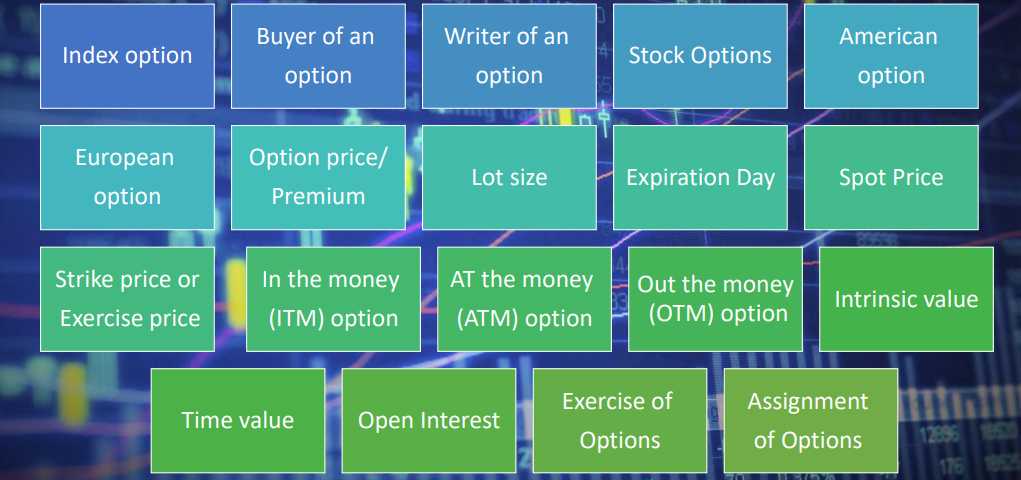
Menu

Options may be categorized into two main types:‐
Option, which gives buyer a right to buy the underlying asset, is called Call option
The buyer of a put option has the right to sell the underlying asset for a certain price.

Share this Content
© 2021 All rights reserved
Ask Your Query